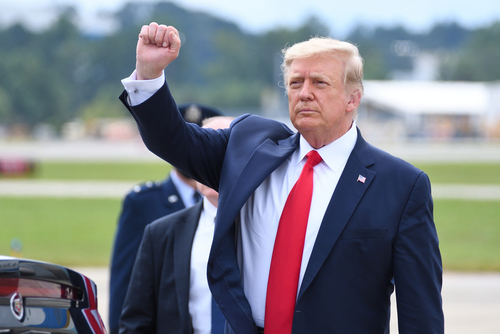
In the modern digital age, the intersection of technology and privacy has become a battlefield, with countless stories emerging that challenge our conventional understanding of personal freedom and security. The saga of Nathan Wade is just one illustration of the privacy vulnerabilities that citizens face today, highlighting imperative discussions about digital surveillance and civil liberties.
The narrative of Nathan Wade, without delving into specifics, can serve as a cautionary tale. It exemplifies the complexities of relationships in today’s world—where emotions can drive individuals to take actions, actions that are increasingly facilitated or hindered by the technology at our fingertips.
🔥@VivekGRamaswamy talks Fanni Willis 👀 & decries the civil fraud judgment against Trump:
‘This isn’t the American Dream— this is the American Nightmare. It’s not even about Donald Trump— it’s about every other American at home who’s now at risk of prosecutorial abuse as well.’ pic.twitter.com/WFB99mJDzf
— News Nomad 🗞 (@The_Nomad_News) February 22, 2024
Civil liberties advocates have long warned about the potential for abuse of geo-tracking technology. Its use outside law enforcement and national security settings, notably in personal affairs and civil disputes, is a grey area legally and morally. Advocates for digital privacy insist that laws have not kept pace with technological advancements, leaving individuals vulnerable to surveillance by not only the government but also by other civilians and non-state actors.
On the other hand, proponents of technological advancement argue that geo-tracking can serve beneficial purposes, such as locating lost individuals or those who may pose a danger to themselves or society. The balance between safety and privacy is a delicate one; however, in the charged atmosphere of a personal vendetta, the use of this technology can swiftly move from protective to invasive.
That look you make
When Fanni Ruined your lifeTrump Curse #LiberalSinkingShip pic.twitter.com/XqtNHC0YJo
— Ⓜ️🇺🇸😇🩸 (@MikeOneshot) February 17, 2024
The conservative perspective emphasizes personal responsibility and agency, alongside the protection of individual rights against unwarranted intrusion. The deployment of geo-tracking technology by private individuals infringes upon the expectation of privacy that is a cornerstone of a free society.
Furthermore, the potential for misuse of this technology illuminates a wider issue within the arena of personal data protection. In an increasingly connected world, the data trails that individuals leave behind become susceptible not only to governmental scrutiny but also to exploitation by tech-savvy citizens with motives that may stray far from the public good.
This episode in our societal conversation about technology and privacy calls for a robust response from policymakers. Legislation must advance to protect individuals from being tracked without consent, while also ensuring that technology can be used responsibly to serve the public interest. A delicate balance must be struck that upholds the conservative principles of personal liberty, privacy, and freedom from undue surveillance.
Ensuring the ethical use of geo-tracking and similar technological tools is not just a conservative issue, but a bipartisan one. In a time when division is commonplace, protecting the right to privacy is a subject where common ground can and should be sought. Ultimately, society must navigate these waters with care to ensure that the technology that has the power to connect us does not become the very thing that undermines our foundational liberties.











